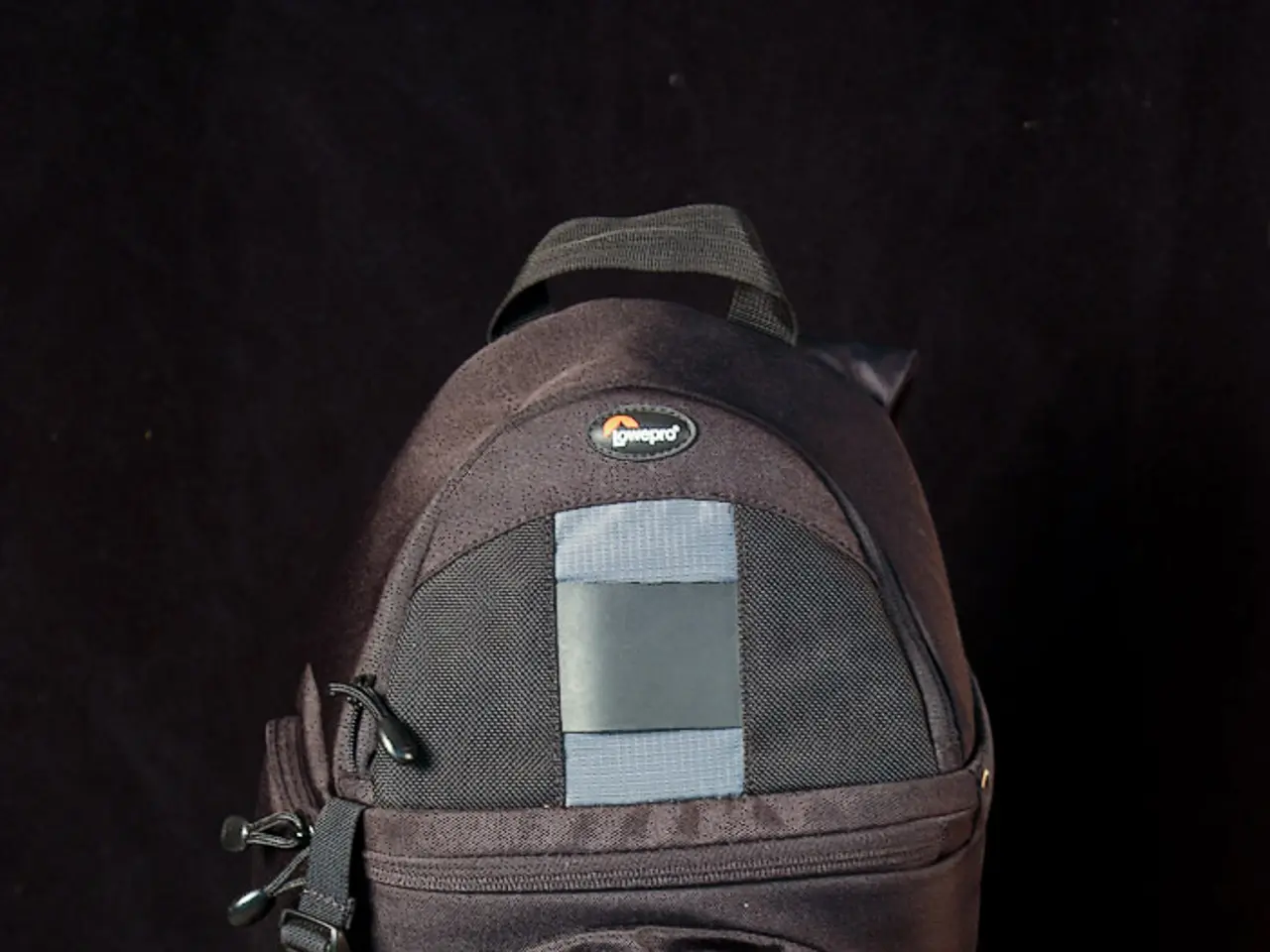Colonoscopy Preparation Pills: Guidelines on Dosage and Additional Information
Preparing for a Colonoscopy: A Guide to Bowel Prep Pills
A colonoscopy is a crucial medical procedure that requires thorough bowel preparation to ensure an accurate diagnosis. Two common methods for bowel prep are prescription pills, such as SUTAB and OsmoPrep.
SUTAB
Approved by the FDA in 2020, SUTAB is a tablet form laxative designed to cleanse the colon before a colonoscopy. The typical regimen involves taking the tablets in divided doses with plenty of water, as directed by your healthcare provider. SUTAB is considered safe and effective, and many patients prefer it for the bowel prep process.
OsmoPrep
OsmoPrep, FDA-approved since 2006, contains sodium phosphate. Due to safety concerns, it is now a prescription-only medication. OsmoPrep must be taken exactly as prescribed, typically in divided doses the day before the colonoscopy.
Patients should be cautious if they have kidney, liver, heart issues, or are elderly, as these factors can increase the risks associated with sodium phosphate. Adequate hydration is emphasized to prevent kidney complications.
Common Side Effects
Both SUTAB and OsmoPrep can cause multiple loose bowel movements, which will not usually cause excessive discomfort. However, common side effects of SUTAB and OsmoPrep include nausea, bloating, vomiting, and abdominal pain.
Cost and Resources
Costs for bowel prep pills can vary, and it's essential to discuss this with your doctor and insurance provider to find out which options are most affordable and which may be covered. There are resources available to help people cover the costs of having a colonoscopy, such as Colonoscopy Assist, Colorectal Cancer Alliance, and Fight Colorectal Cancer.
Preparation Steps
Other steps for preparing for a colonoscopy include letting a doctor know about medications, herbs, or supplements, eating a low fiber diet, stopping eating solid foods the day before, drinking clear liquids, avoiding dairy products, alcohol, and red or purple liquids, and arranging a driver.
Conclusion
Always follow the preparation instructions provided by your healthcare provider or the prescription label exactly, and ask them if you have questions about timing, how much water to drink, or managing side effects. Your healthcare professional will be able to recommend the best bowel prep option for you based on your individual needs and medical history.
- SUTAB, a tablet form laxative, was approved by the FDA in 2020 for use in bowel cleansing before colonoscopies.
- The typical SUTAB regimen involves taking the tablets in divided doses with ample water, as directed by a healthcare provider.
- OsmoPrep, FDA-approved since 2006, is another bowel prep option containing sodium phosphate.
- Due to safety concerns, OsmoPrep is now a prescription-only medication and must be taken exactly as prescribed, typically in divided doses the day before the colonoscopy.
- Patients should exercise caution when using OsmoPrep if they have kidney, liver, heart issues, or are elderly, as these factors can heighten the risks associated with sodium phosphate.
- Adequate hydration is imperative to prevent kidney complications when using OsmoPrep.
- Both SUTAB and OsmoPrep may cause multiple loose bowel movements, nausea, bloating, vomiting, and abdominal pain.
- Costs for bowel prep pills can vary, and it's crucial to discuss this with a doctor and insurance provider to determine the most affordable option.
- Resources such as Colonoscopy Assist, Colorectal Cancer Alliance, and Fight Colorectal Cancer can help cover the costs of having a colonoscopy.
- Other steps for bowel prep include informing a doctor about medications, herbs, or supplements, eating a low fiber diet, avoiding solid foods the day before, drinking clear liquids, avoiding dairy products, alcohol, and red or purple liquids, and arranging a driver.
- Always follow the preparation instructions provided by a healthcare provider, ask them questions if needed, and they will recommend the best bowel prep option based on individual needs and medical history.




